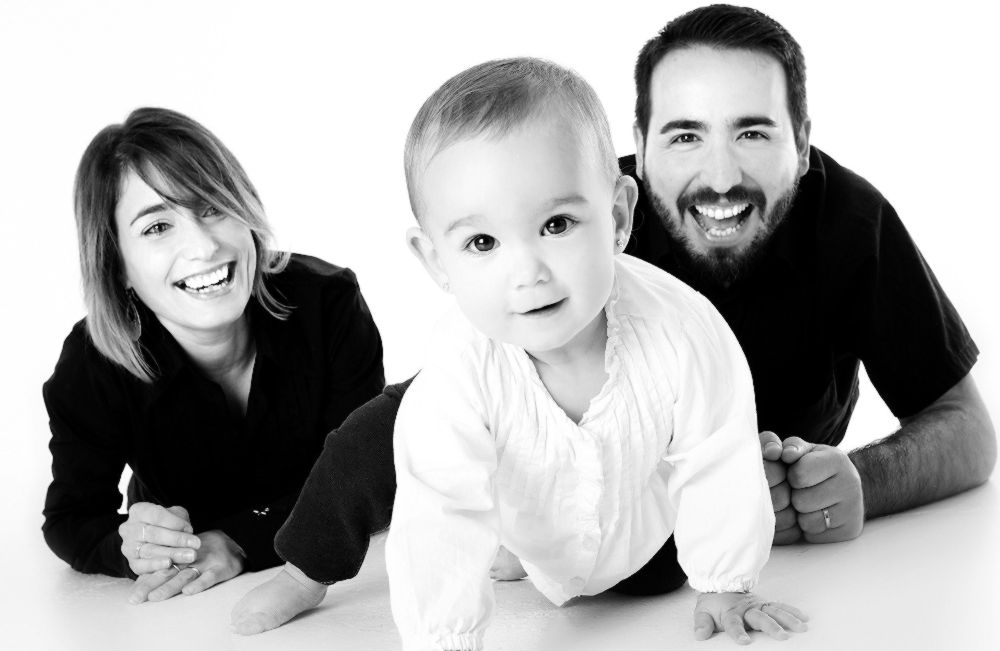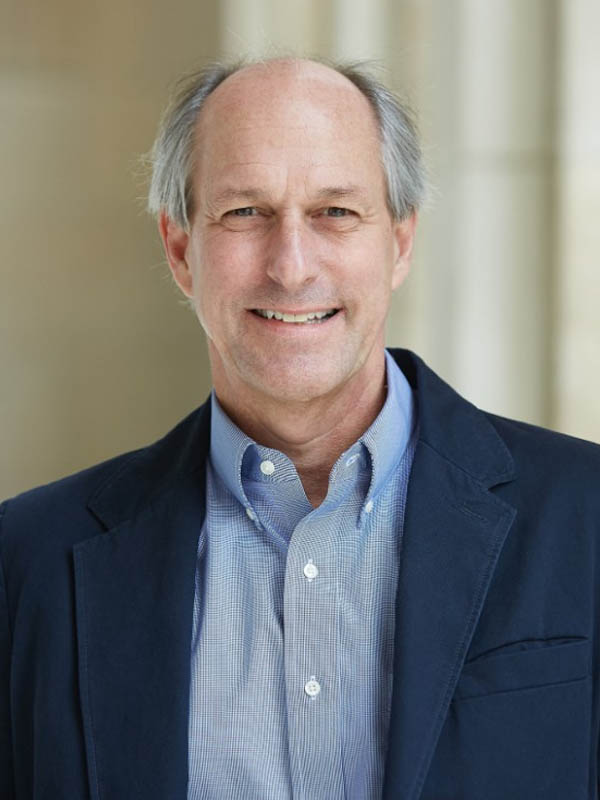Why don't I have more memories of my early childhood?
A perspective from neuropsychology
By Thomas C. Fuller, PhD
May 2021

We can recall detailed memories from our high school years and beyond. We can recall people, places, events, even lyrics to old songs. But, why can’t we remember much from those first five years of life? Why can’t we remember being in diapers, drinking milk from a bottle, being in a stroller, learning to walk? The answer to this question can be explained by two interacting themes: the physical development of the brain’s memory system, and the construction of a narrative of self ("the story of me").
The raw materials that make up our memories - sights, sounds, feelings, etc. - are all connected together in a package of memory in a brain structure known as the hippocampus. This group of nerve cells isn’t fully developed until adolescence, and so isn’t organizing memories efficiently in early childhood. Additionally, all of our separate memories need to be connected together by some higher level principle. One of these organizing principles is the timeline of life. Young children have no grasp on chronology. They can’t place events in specific times and places. Rather, infant memories exist as scattered images, without much connecting them. An infant or toddler may organize memories around another principle, like "mommy"; and so there may be a few fragments of memory related to experiences with mommy, but not related to a coherent timeline or sense of self.
Young children don’t have an elaborated sense of self, which normally causes us to view experiences as part of a growing life narrative of "the story of me." Children also lack the vocabulary to create a narrative or story of life experience rather than just a set of unrelated experiences. Young children aren’t able to construct the "story of self" that later becomes the basis for stable memories.
Young children aren’t able to construct the "story of self" that later becomes the basis for stable memories.
As we progress through childhood, we begin to develop a sense of time and a sense of self or "me" to which experiences happen. As we continue to age and learn, we make new connections in the brain’s memory structures, with "time" and "self" as the organizing principles. New "synapses", or connections between neurons, are formed. As newer, more organized brain pathways are created and used, older pathways are used less and fade away. As a consequence, we lose our access to the original, less organized memories of early childhood.
As we age, and use a more stable set of organizing principles for memory, our newer memories are less vulnerable to loss. Most of our solid memories are formed between the ages of 15 and 30 years as we experience our lives and form an identity narrative - choosing which experiences make us who we are. From then onward the strength of our memories is based on how important experiences are to our sense of self. Thus, our early childhood memories are no longer really valued as an important part of our adult identities, and they are lost. (Which, in my case, is a relief. I don’t think I want to remember why the neighbors called me "Terrible Tommy"!)
About the Author

Thomas C. Fuller, PhD
Dr. Fuller is a psychologist with a sub-specialty in neuropsychology. He diagnoses and treats brain-related problems such as concussions, ADHD, learning disabilities and dementia. I addition, Dr. Fuller enjoys a general practice of psychotherapy.
